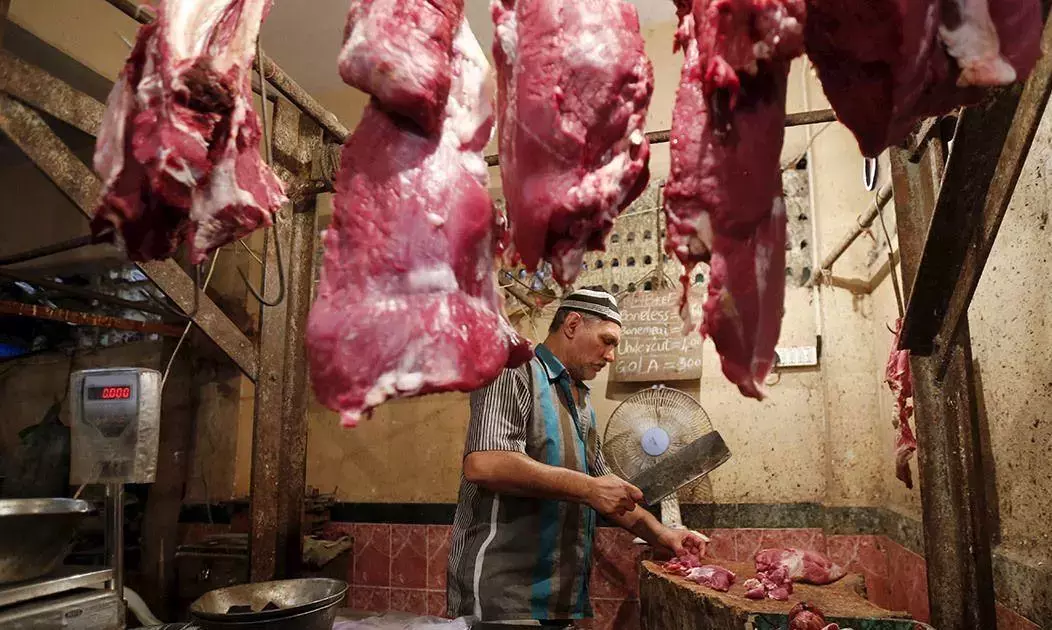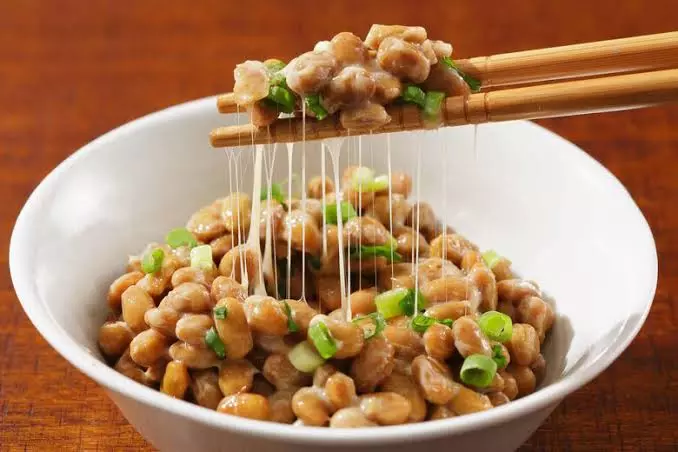
Eating Japanese Natto may help fight Covid 19, finds study
text_fieldsTokyo:Researchers from the Tokyo University of Agriculture and Technology (TUAT) found that the extract made from the sticky, strong smelling natto, often served for breakfast in Japan, can prove to be effective against SARS-CoV-2, the virus that causes Covid-19.
Traditionally, Japanese people have assumed that natto is beneficial for their health," said Tetsuya Mizutani, director of the Center for Infectious Disease Epidemiology and Prevention Research at the TUAT.
"In recent years, research studies have revealed scientific evidence for this belief. In this study, we investigated natto's antiviral effects on SARS-CoV-2, the virus that causes Covid-19, and bovine herpesvirus 1 (BHV-1), which causes respiratory disease in cattle," Mizutani added.
Natto is made by fermenting soybeans with Bacillus subtilis, a bacteria found in plants and in soil.
The findings were published in the journal Biochemical and Biophysical Research Communications.
The team prepared two natto extracts from the food, one with heat and one without. They applied the extracts to sets of lab-cultured cells from cattle and from humans. One set was infected with SARS-CoV-2, while the other set was infected with BHV-1.
When treated with the natto extract made without heat, both SARS-CoV-2 and BHV-1 lost the ability to infect cells. However, neither virus appeared to be affected by the heat-treated natto extract.
"We found what appears to be a protease or proteases -- proteins that metabolise other proteins -- in the natto extract directly digests the receptor binding domain on the spike protein in SARS-CoV-2," Mizutani said, noting that the protease appears to break down in heat, losing the ability to digest proteins and letting the virus remain infectious.
The spike protein sits on the virus's surface and binds to a receptor on host cells. With an inactive spike protein, SARS-CoV-2 cannot infect healthy cells. The researchers found a similar effect on BHV-1 as well as the Alpha Covid variant.
While the results are promising, Mizutani also cautioned that further studies are needed to identify the exact molecular mechanisms at work. He also stressed that the research does not provide any evidence of reduced viral infection simply by eating natto. Once the components are identified and their functions verified, the researchers plan to advance their work to clinical studies in animal models.























